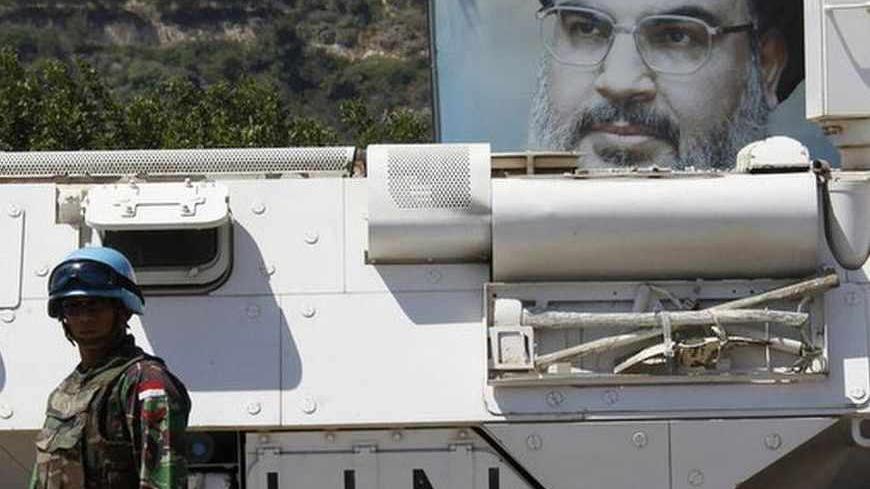The EU's decision to include Hezbollah’s military wing on its list of terrorist organizations has not raised the Future Movement’s hopes for finding solutions to the multifaceted crises hitting Lebanon. On the contrary, the Future Movement realized that this decision is a prelude to further complexity in the relationships with this heavily armed party, whose positions and orientations are not subject to local considerations.
High-ranking officials in the Future Movement, headed by former Prime Minister Rafik Hariri, are somewhat pessimistic about the next phase in Lebanon. A prominent figure from the movement told Al-Monitor that those who expect any flexibility in Hezbollah's positions regarding Lebanese internal matters after the European decision do not take into account the fact that the orientations and policies of the Iranian regime — to whom Hezbollah is closely associated, and from which it even receives instructions — did not budge despite the stringent international sanctions imposed on it several years ago. Moreover, this regime found a way to proceed with its nuclear project and expand its influence within the Arab region — especially in the Fertile Crescent, including Iraq, Syria, Lebanon, Palestine, Jordan and other countries. Furthermore, Iran played a role in Bahrain, Yemen and in other Gulf states by betting on Shiite groups that it seeks to control, as was the case with the Soviet Union’s leadership, which controlled communist parties throughout the world during the Cold War.


